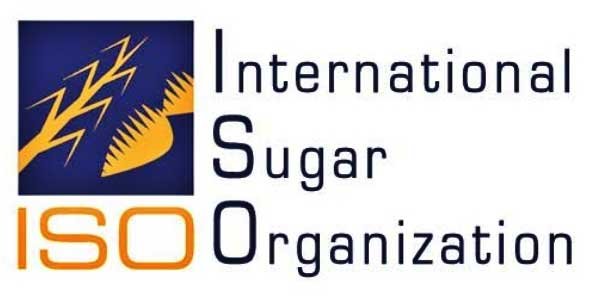The London-headquartered International Sugar Organisation (ISO) has announced India to be the Chair of the organisation for 2024 in its 63rd council meeting.
The decision taken in the 90-nation ISO’s 63rd council meeting, is a huge achievement for the country which reflects the growing stature of the country in the sugar sector, the Food Ministry said on Friday.
While attending the ISO Council Meeting, Food Secretary Sanjeev Chopra said, “during its period of chairmanship of ISO in 2024, India seeks support and cooperation from all member countries and would like to focus on bringing together all member countries to adopt more sustainable practices in sugarcane cultivation, sugar and ethanol production and better utilisation of by-products”.
India has been the largest consumer and second largest producer of sugar in the world.
With about 15 per cent share in global sugar consumption and about 20 per cent production of sugar, Indian sugar trends have a marked impact on global markets.
This strong position makes India, the most suitable nation to lead the International Sugar Organisation (ISO) which is the apex international body on sugar and related products, the Food Ministry said.
With Brazil in the Western Hemisphere, India is the market leader in Eastern Hemisphere for the sugar market. Now, being the 3rd largest country in the world in ethanol production after the US and Brazil, India has shown commitment towards green energy and its capability to use the challenges of surplus sugar in the domestic market for the solution of fossil fuels imports and a tool to meet COP 26 targets for India.
The ethanol blending percentage in India has increased from 5 per cent in 2019-20 to 12 per cent in 2022-23 while the production has increased from 173 crore litres to more than 500 crore litres during the same period.
The Indian sugar industry proved its robustness during the Covid pandemic by operating its mills while the country was facing a lockdown and rising to the occasion by producing hand sanitisers sufficient to meet the demand in the country.
A statement noted that India has set the example by not only taking care of farmers and industry but also by putting consumers first. Domestic sugar retail prices are consistent and stable.
While the global prices are hiked by about 40 per cent in one year, India has been able to contain sugar prices within 5 per cent increase from last year without putting additional burden on the industry.
On technical side also, National Sugar Institute, Kanpur has spread its wings and is collaborating with many countries including Indonesia, Nigeria, Egypt, Fiji etc., for sharing the latest technologies in the sector and best practices.





